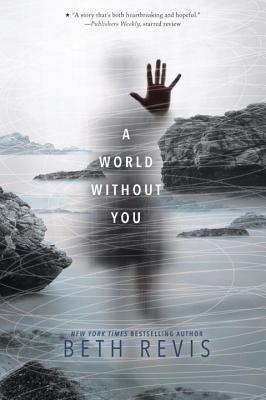 Hello everybody. While I initially said that I was not going to start up the whole Nigmabox train until mid-January, I have been feeling a lot better post-surgery than I expected, and have been somewhat productive when it comes to playing games, so I figured that I’ll resume my usual review and rundown schedule. I was actually going to start things up sooner, but, well, I could not find enough noteworthy new stories to do a full Rundown, hence why I’m bundling together three weeks of news here.
Hello everybody. While I initially said that I was not going to start up the whole Nigmabox train until mid-January, I have been feeling a lot better post-surgery than I expected, and have been somewhat productive when it comes to playing games, so I figured that I’ll resume my usual review and rundown schedule. I was actually going to start things up sooner, but, well, I could not find enough noteworthy new stories to do a full Rundown, hence why I’m bundling together three weeks of news here.
Pulling back to mid-December of 2017, Atlus announced Catherine: Full Body Edition, a remastered and updated version of the 2011 classic. Mores specifically, it will feature a third Catherine, who goes by Rin, which is kind of clever actually, along with new endings, episodes, anime movies, and sexy events, whatever those are supposed to mean. The game is roughly half complete, will release sometime in the winter of 2018, is being developed both by Atlus and Studio Zero, and will release for PS4 and Vita in Japan, along with a potential Nintendo Switch version that some cheeky boy at Atlus USA may have accidentally leaked.
This would be an unquestionably positive and unsurprising news, as a Catherine follow-up of some sort was teased several months ago, but the way that Atlus seemingly intends on going about this is… troubling. Atlus has never been the most delicate or careful when it comes to addressing LGBT issues, just look at Kanji’s dungeon in Persona 4 for a good example of that, and it appears that they are making Rin a transgender woman who has yet to receive gender confirmation surgery. Meaning that she has the penis, and boy howdy does that freak out the protagonist. I should not need to extrapolate how this is a trite, lazy, and harmful means of encouraging a socially regressive worldview. I am transgender myself, and I just want to see a better effort from Atlus. The final game may feature a more nuanced approach, but seeing as how the initial trailer is so based in shock value, I have reason to be doubtful.
Following the Japanese release of The Legend of Heroes: Trails of Cold Steel III from earlier this year, Falcom has announced that they are going to further continue their latest subseries, which itself has technically been going on for 35 bloody years now, by announcing The Legend of Heroes: Trails of Cold Steel IV: The End of Saga, the last entry in this storyline, which is due out sometime in fall of 2018. I have yet to purchase the first entry in the Trails of Cold Steel series though, so I do not have much to say about this announcement. However, along with this announcement the developer also began recruiting for a new project that will be a separate entity from their most prominent series, Legend of Heroes and Ys, so there’s also that to look forward to.
Another thing to look forward to is a new title from Platinum Games, as the talented action game developer is looking into creating its own IP and self-publishing it. They did not divulge any detail about said project, but if it were to begin production, it would be something in line with Platinum’s brand, and would have a development team of approximately 20 people. I have said it before and I will say it again, AAA game development is ballooning quickly, and it would be wise for developers to start pursuing smaller more ambitious titles that can take risks and reach heights that could be difficult to pursue in a game that needs to sell X million units to break even. Mins you, mass adoption of this would lead to the market being flooded with even more games, but I think the lower price point and shorter length would also lead to certain customers being more daring to try certain games out.
Moving on to something completely different, the World Health Organization recently announced that they are going to include “gaming addiction” as a disorder in their upcoming edition of the International Classification of Diseases. While this may seem like something to scoff over, the actual details of the disorder pertain to obsessive behavior that limits one’s ability to function in their everyday life, which is an issue caused by a wide number of things, including games, so this classification actually makes a lot of sense to me. Mind you, how this is treated is the important part, and I could not find the specific guidelines for treating this very real thing, but hopefully the approach encouraged here is among the more sensible ones.
Advertisements Share this:




